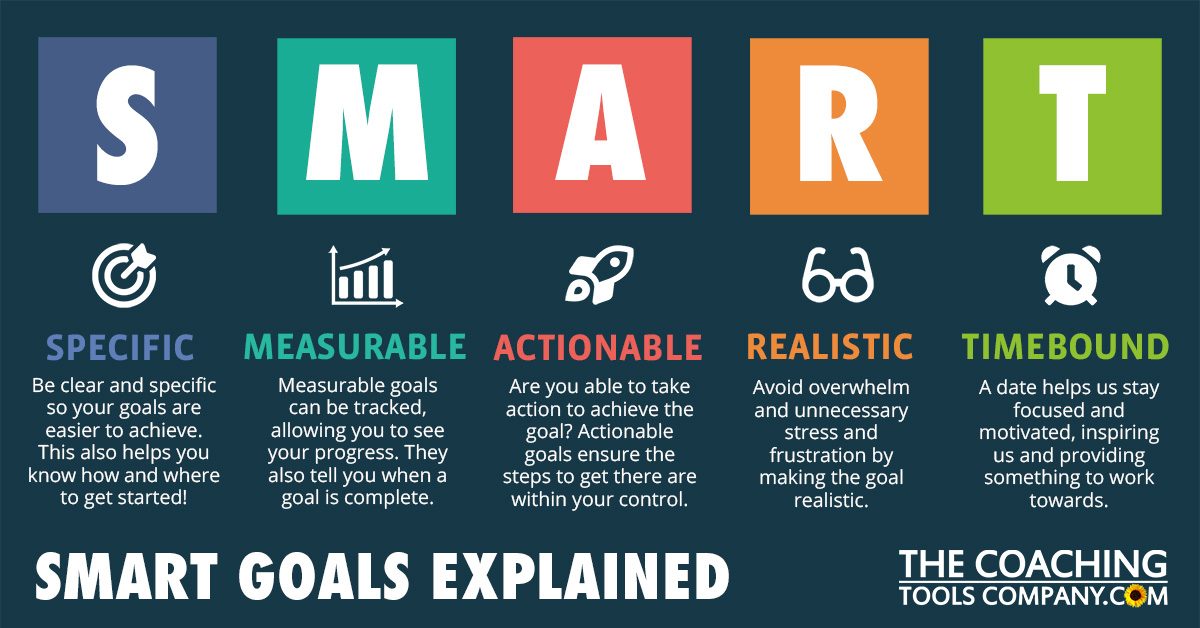Stress is always going to be present when you’re studying a new skill or working to achieve a specific qualification.
Students often neglect their well-being in favor of chasing good grades and are spending way more time in front of the screen than ever before.
Even though you have study goals you want to achieve, it’s essential to make time to enjoy life.
We swear by these stress management tips and we hope they will make a difference to your online learning experience this year.
Table of Contents
Essential Stress Management Tips for Online Students
1. Stay Connected with Your Instructors & Peers
When you start to feel overwhelmed as a student, it helps to know you have support. Fortunately, most platforms allow you to connect with instructors and have them guide you if you run into trouble or have questions. And if you aren’t able to connect directly with an instructor, find out whether there are student forums available on the platform you’ve chosen. Better yet, try and connect with students who are studying the same topics you are – you never know what advice is available.
2. Hone Your Time Management Skills
Procrastination is a leading cause of student stress, so make a point of not falling into this trap. Imagine sitting in front of your laptop at 1am because you didn’t plan your day better – the thought alone is enough to cause anxiety. Most online classes take place a few times per week according to a pre-set schedule. Even so, you’re still going to need to manage your time. Before starting a course, map out how you can use your time more efficiently. Create a task calendar, work it into your day, and keep your online course material organized at all times.

3. Know Who to Contact for Technical Support
If this is your first time taking online classes, you might run into some technical issues. Even your internet connection might be a problem and it usually goes down at the worst possible time. To ensure that technical issues aren’t the root of your stress, jot down who you can contact about problems on your preferred eLearning sites as well as with your internet.
4. Create SMART Learning Goals
As any seasoned student knows, having goals makes the online learning process a little easier. However, knowing what goals to set can be a problem – this is why we recommend following the SMART system. SMART is an acronym that outlines the criteria a goal should meet to make it easier for you to achieve it.
S – Specific
M – Measurable
A – Actionable
R – Relevant
T – Time Bound

5. Start and Stick to a Daily Routine
When you have a set routine that you’re following, it’s easier to fit your studying into your day and ensure you get to it. Having a routine also puts you in the best possible head space for the day ahead. Starting your day right sets the tone for the rest of the day. You don’t need to run 5 miles every morning, drink a green juice, and meditate all before you work and study either. Create a routine that works for you. For example, get up at the same time every day, shower and have some breakfast instead of laying in bed on social media for an hour.
6. Limit Distractions and Study in a Quiet Place
If you’re like most people, you keep your phone near your computer while you’re studying. You probably also check every notification the moment it arrives. There’s hardly anything that affects your concentration levels more than constant phone checking. Every modern smartphone has a “Focus Mode” where you can disable all but the necessary apps for as long as you need. You also want to find a comfortable place where pets, siblings, or parents won’t be a distraction while you’re studying.

7. Take Regular Breaks
Do you find yourself pulling all-nighters way too often? If you force yourself to study too hard, you’re likely to experience burnout. As much as you believe those additional 15 minutes of studying are crucial when you’re about to drop dead on the couch, it’s actually doing more harm than good. A popular method called the Pomodoro technique says you should study or do a task for 25 minutes, then take a five-minute break. You can repeat the cycle as long as you need and take a 30-minute break after the third cycle.
8. Meditate
Meditation relaxes your mind and body, boosts circulation, and helps you focus better. You don’t need to meditate for an hour to experience the benefits either. Simply breathing deeply for 5 minutes, brushing aside any thoughts that might crop up, can make a major difference to your day. You can even find a short guided meditation on YouTube if you prefer to use visuals to relax.
Finding the Best Online Courses for the Year Ahead
Studying online gives you a lot of flexibility, especially because you don’t need to jump in a car or take a bus to get to classes. You can find an online course on just about any topics you can think of so you certainly won’t be strapped for choice.
Coursary is the top eLearning search engine. Search for courses that interest you using our easy-to-use and intuitive platform.
